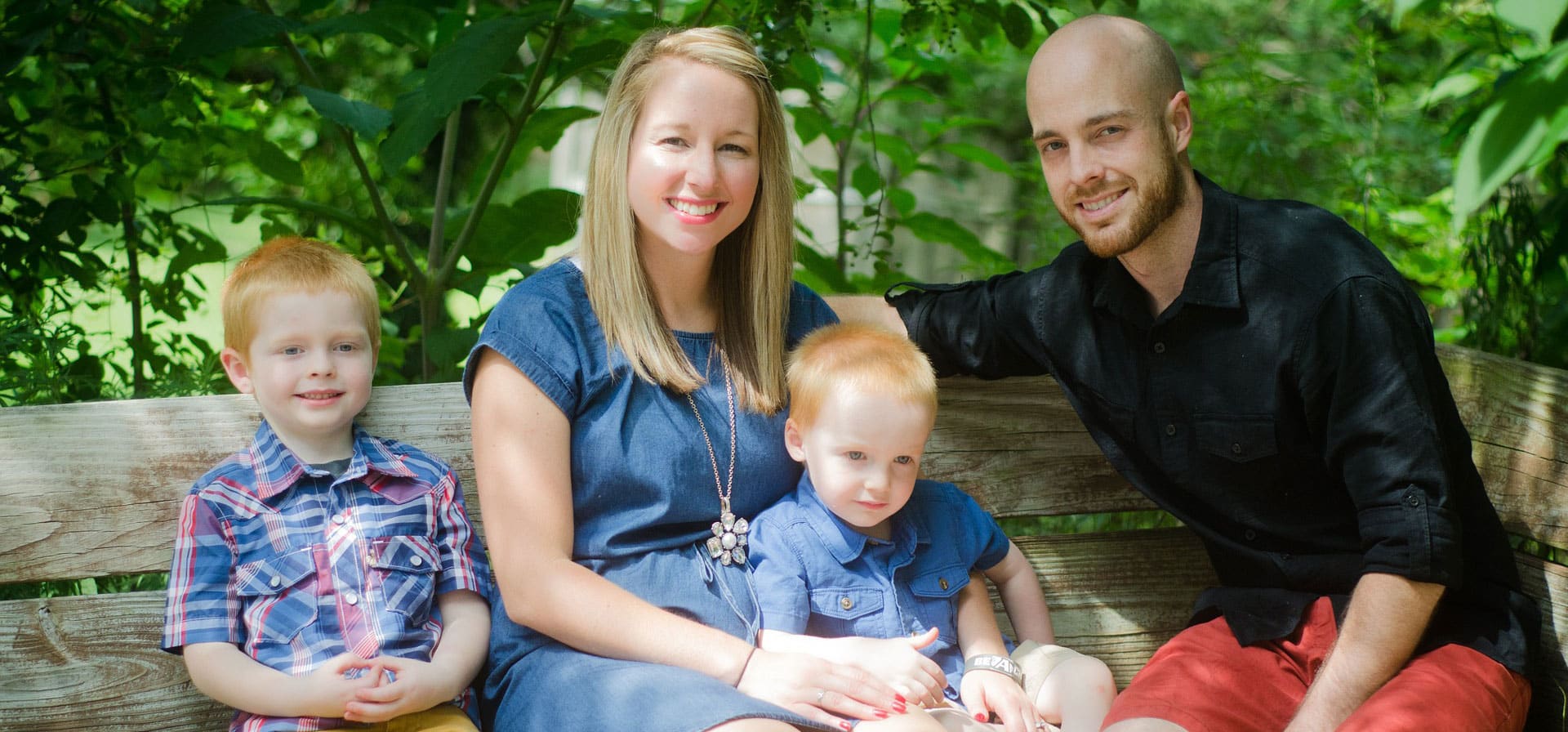Welcoming
Welcoming a new family member is an incredible special occasion.
.
There are three types of welcoming ceremonies, a Baptism, Christening or Naming. All ceremonies are lovely ways to celebrate the birth of a child and welcome a new member of the family. The Naming Ceremony is ideally suited to welcome and celebrate an adoptive child into the family or to embrace stepchildren into a new blended family.
During a baptism or naming ceremony, the child receives a name, and the parents vow their intent to be good parents and to provide a loving environment for their child.
There will be a few questions asked during the ceremony.
Ceremonies can take place anywhere, homes, backyards, community halls, hotels or even parks.
As a pastor with The Clergy Support Memorial Church, a non-denominational church, I recognize each individual’s religious or non-religious affiliation. I welcome and support all parents, married, unmarried, single, remarried, and same-sex parents. I do not ask for any explanation of lifestyle choice, and I do not ask parents to affirm anything they do not believe in nor to become involved with any organization.

Baptism vs Christening
The words baptism and christening are often used by Christians interchangeably as both refer to the same type of ceremony. There are, however, a few distinctions.
A christening is usually for infants or young children. The word “Christen” means to “name.” This ceremony gives the baby a name before Christ. For babies and young children, baptism may also take place within a christening ceremony.
Baptism is a Christian religious sacrament in which the follower officially embraces the faith. During this ceremony, parents, family, and friends promise to raise and support the child in a Christian environment.
…
The child is blessed with the Holy Spirit, recognizing not only the love of family but also God’s love. The symbolism of water being poured or touched on the head represents the cleansing and nourishing of life itself.
One belief is that God’s gift of love does not depend on the ability to understand it, so people may receive baptism as infants right up through adulthood.
An adult baptism may represent a calling to faith at a later age. In some cases, a baby is christened but not baptized. When the child is of age or an adult, he or she can make that decision for themselves.
Naming Ceremony
A naming ceremony is not a religious event, but it can be spiritual or merely a special celebration. The purpose of this type of service is to gather family and friends together with parents to welcome a new baby’s arrival into the family, celebrate their name-giving and dedication and commitment to parenting.
The ceremony may include music, poetry, or storytelling. It may also include special mini celebrations such as Grounding to the Four Elements (Earth, Wind, Water and Fire) or a candle lighting ceremony.
Getting Started
First and foremost, any ceremony that you choose will be unique in expressing your family’s wishes. I will meet you and your child a month before the special day to plan the ceremony. I will arrive at your venue thirty minutes before the start time to ensure the setup is complete. No worries about a fussy baby, I am a mother of three, stepmother of two and grandmother of five. I have lots of baby experience!
As each ceremony is distinctive in terms of length, content and location, my fee varies. I would be please to speak with you, discuss your needs and provide you with a quote.
